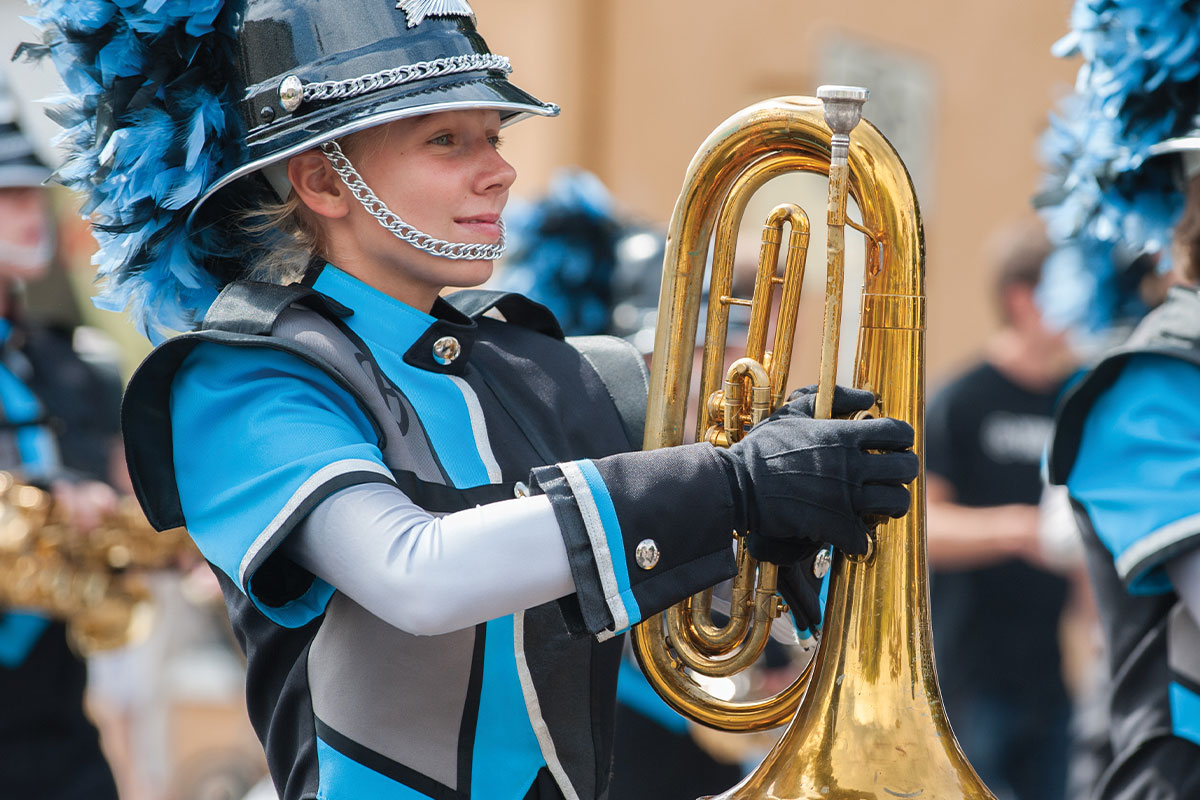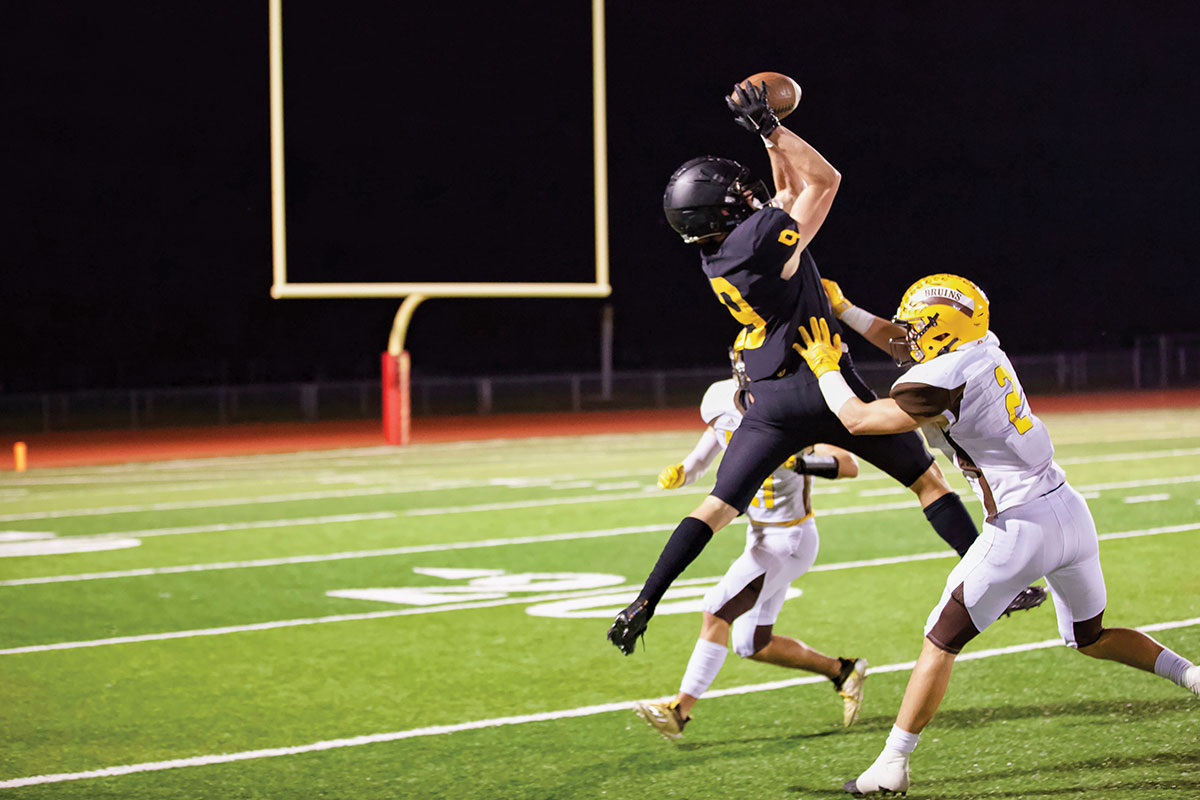by Helene Wingens | May 18, 2021
Before your 18-year-old heads out the door, ensure you have the legal documents to protect her. Accidents and illnesses happen to everyone, including young adults, and you want to be able to speak to healthcare providers, keep informed and help make decisions for your teen once they leave home.Here’s what you need to know when your teen turns 18. Three forms facilitate the involvement of a parent (or whoever is designated) in an emergency or other situation.
What You May Need In A Medical Emergency
1. Health Care Proxy (also referred to as a healthcare agent or medical power of attorney, a healthcare power of attorney, or durable power of attorney for health care)
This authorizes someone to make medical decisions on your teen’s behalf, giving you access to your medical records and the ability to converse with their medical healthcare providers. By signing a healthcare proxy, your teen is appointing you to act on your behalf in making medical decisions in case you cannot make those decisions for yourself.
Each state has different laws that govern the execution of a healthcare proxy (state laws differ on whether a medical proxy has to be notarized or merely witnessed). And, therefore the legal form you sign will be specific to the state where it will be used. In many states, HIPAA authorization is rolled into the standard medical proxy form. In addition, a healthcare proxy can include a Living Will, or you can execute a separate document stating your wishes for end-of-life medical treatment.
2. HIPAA (Health Insurance Portability and Accountability Act) authorization (also called a HIPAA release)
This is a more narrow document in that it permits healthcare providers to disclose your teen’s healthcare information to you or anyone they specify.
This document alone will often suffice to get information from the healthcare institution treating your child. In a HIPAA authorization, young adults can stipulate that they don’t want to disclose information about sex, drugs, mental health, or other details that they prefer to keep private. As with the broader healthcare proxy, a HIPAA release can include a Living Will.
3. Durable Power of Attorney (Durable POA)
This enables a designated agent (in this case, a parent) to make financial decisions on the student’s behalf. The POA can provide that power vests in you immediately after signing the document or only if your child becomes incapacitated.
The POA enables the designated agent to, among other things, sign tax returns, access bank accounts, pay bills, make changes to your child’s financial aid package, or figure out tuition problems. Durable POA forms vary by state. In some states, the medical POA (or, as we called it, the healthcare proxy) can be included in the Durable POA.
Each state has variations on these forms and how they can be combined, so you MUST consult your state’s laws or speak to a local attorney who practices in this field.
As parents, we always hope that we won’t need these forms, but it’s always better to be prepared in case you do.
When Should You Get These Documents?
You should prepare these documents ahead of time because it may take time to get everything in order, including notarization (although not every state requires notarization.) Once kids take off for school, it may be hard to get their attention, so be mindful of that.
What Else Changes When Your Teen Turns 18?
When your teen reaches the age of 18, even though you may still think of them as children, under the law, they have now achieved adult status. That status allows them to vote, serve in the military, serve on a jury, sign a contract, and get married without their consent. Although they still can’t do certain things, like drink alcohol or rent cars, their legal status is decidedly different than it was at 17.
- All males with US citizenship (with very few exceptions) must register for the selective service upon reaching 18.
- Although not required, this is an excellent time for your kids to register to vote.
- When your children turn 18, you no longer automatically have the authority to make healthcare decisions for them. And this is true even if they are still covered by your health insurance, and you are paying the bill. If your child has an accident or illness and is temporarily disabled, you may need court approval to act on their behalf or even inform them of their medical status.
- Even though you are paying for their education, the FERPA law says you no longer have access to your child’s grades once they turn 18. That’s right, you can call the registrar and ask to see your 18-year-old’s transcript, and they will not share it with you even though you’re signing the tuition checks.
- You can no longer manage money for your children once they turn 18.







